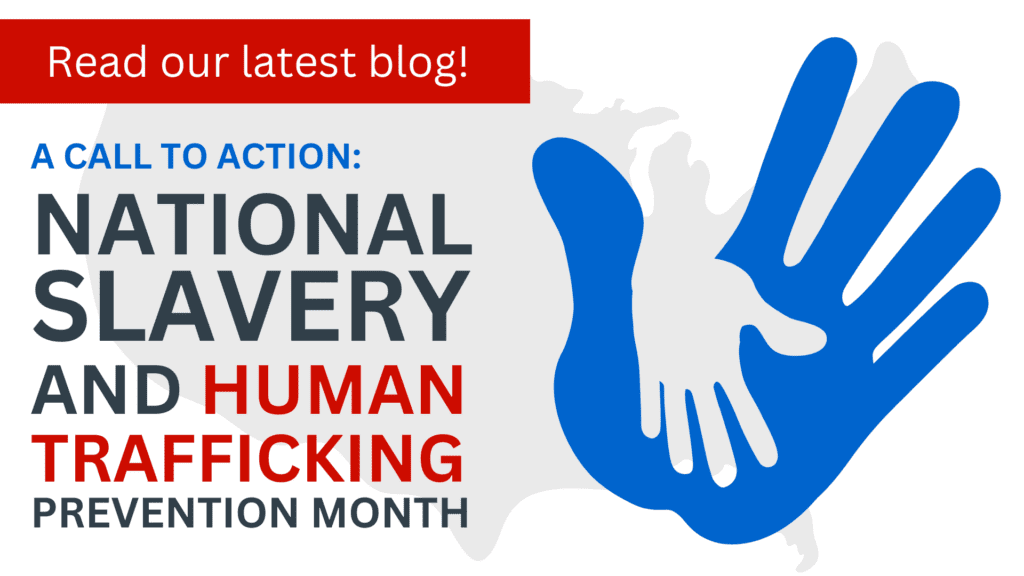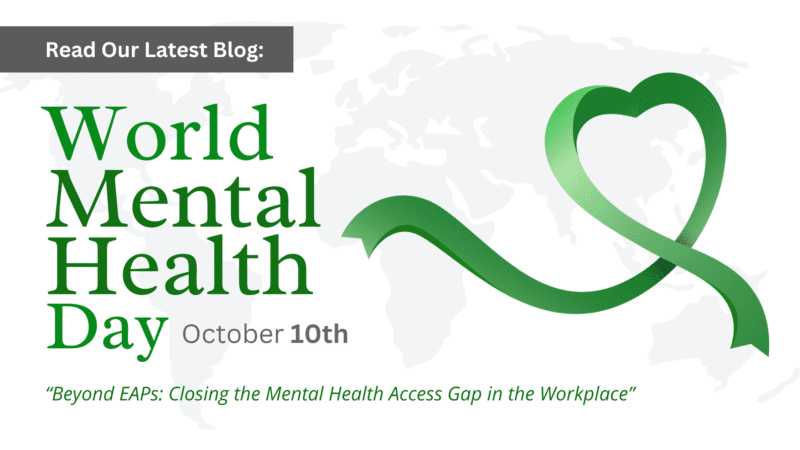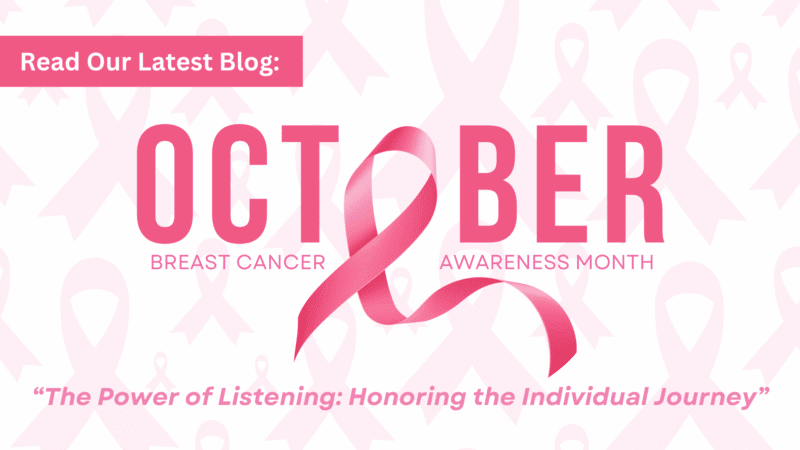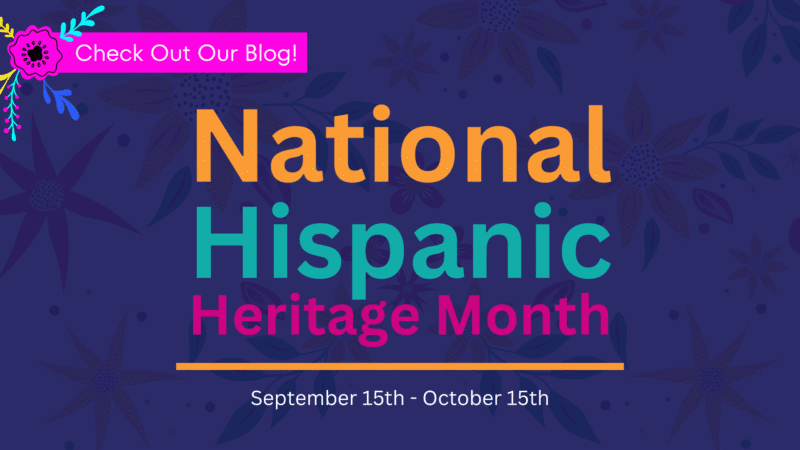
January marks a vital time for raising awareness, fostering education, and taking action against one of the most pervasive human rights violations: modern slavery and human trafficking. Each year, millions of individuals worldwide are trapped in exploitation, forced labor, and abuse. National Slavery and Human Trafficking Prevention Month serves as a critical reminder that we all have a role to play in combating this heinous crime.
Understanding the Scope of the Issue
Human trafficking is a global issue that transcends borders, affecting people of all genders, ages, and backgrounds. According to the International Labor Organization, approximately 27.6 million people are trapped in forced labor and sexual exploitation worldwide. The victims include men, women, and children lured by false promises, coercion, or outright abduction.
In the United States, trafficking is not confined to major cities or international borders—it occurs in small towns and rural areas as well. Industries such as agriculture, hospitality, and domestic work are common sectors where labor exploitation takes place, while sex trafficking continues to plague vulnerable populations, particularly young women and girls.
Why Awareness Matters
Awareness is the first step toward change. Many trafficking victims remain invisible, either due to their lack of access to help or fear of seeking assistance. By spreading knowledge, communities can become better equipped to recognize the signs of trafficking and report suspicious activity.
Some signs include:
- Individuals showing signs of physical abuse or malnourishment.
- A person appearing under someone else’s control, unable to speak freely.
- Victims lacking identification, personal belongings, or freedom of movement.
- Employment situations that involve excessive hours, lack of pay, or unsafe conditions.
How You Can Make a Difference
Addressing human trafficking requires a multifaceted approach involving governments, organizations, and individuals. Here are ways to contribute to the fight against trafficking:
- Educate Yourself and Others: Equip yourself with knowledge about human trafficking by exploring resources from organizations like Polaris, the National Human Trafficking Hotline, and the United Nations Office on Drugs and Crime. Share what you learn with friends, family, and your local community.
- Support Anti-Trafficking Organizations: Many non-profits work tirelessly to combat trafficking through advocacy, survivor support, and law enforcement partnerships. Donations, volunteering, and amplifying their efforts on social media can go a long way.
- Report Suspicious Activity: If you see something concerning, don’t hesitate to report it. In the U.S., you can call the National Human Trafficking Hotline at 1-888-373-7888 or text “HELP” to 233733. Your vigilance could save a life.
- Advocate for Policy Change: Support legislation aimed at preventing trafficking, prosecuting offenders, and providing resources for survivors. Engage with policymakers to ensure anti-trafficking efforts remain a priority.
Honoring Survivors, Driving Change
This month, we honor the strength and resilience of trafficking survivors while acknowledging the ongoing work needed to eradicate this issue. By uniting as individuals, communities, and nations, we can shine a light on the darkness of trafficking and move closer to a world where freedom is a universal right.
Let’s make January more than just a month of awareness—it’s an opportunity to take action. Together, we can create meaningful change.




